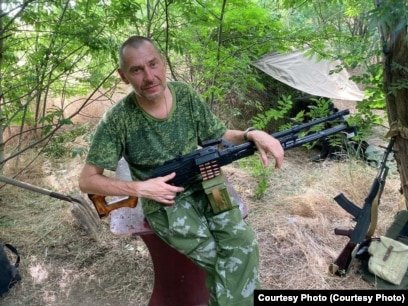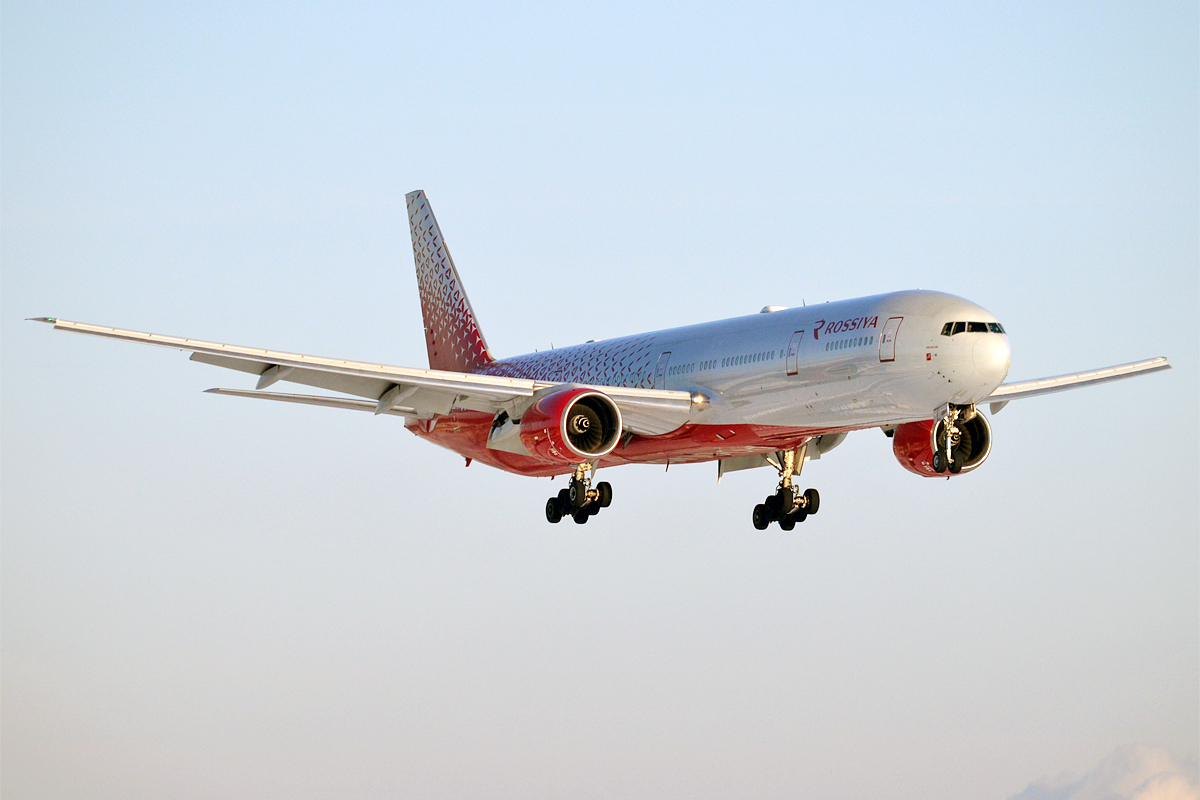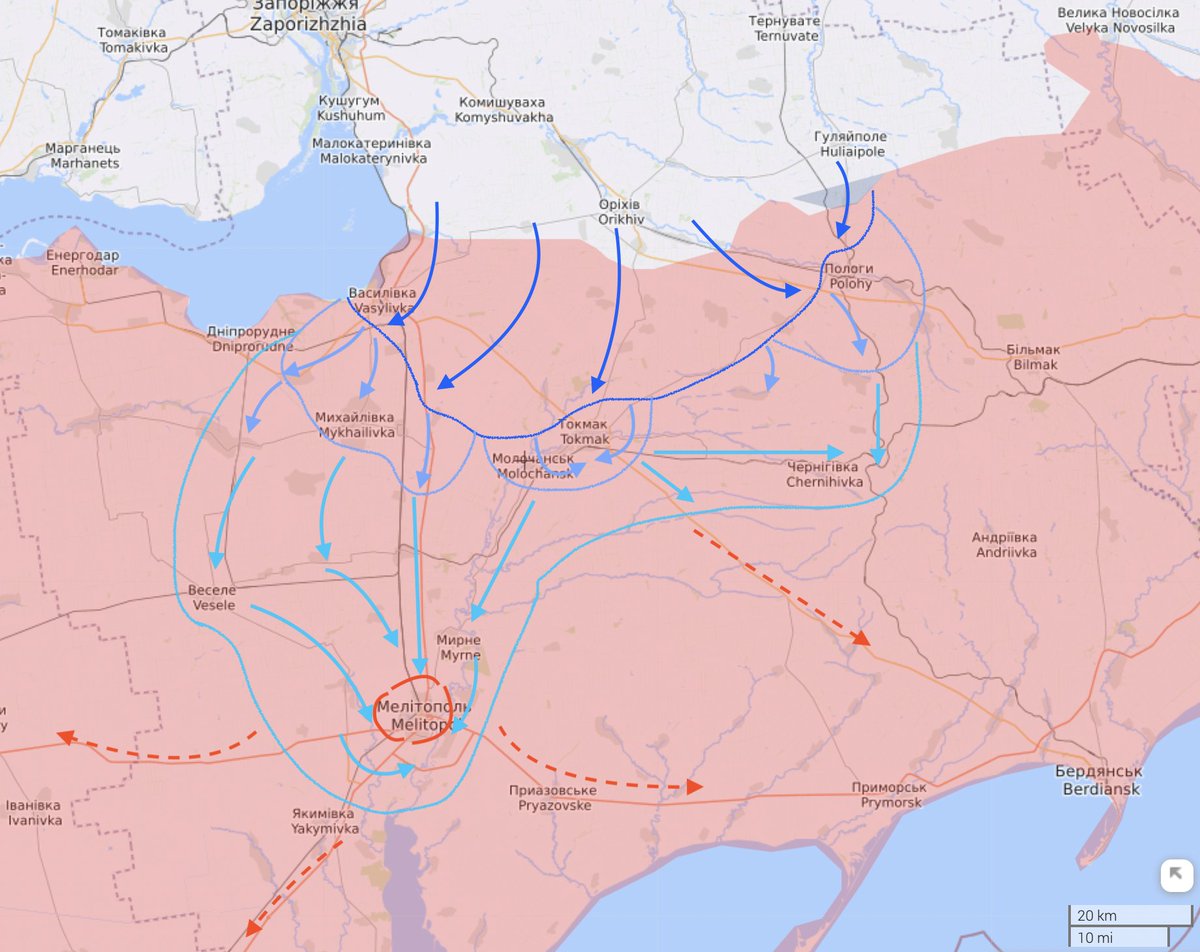1/ Russian soldiers have spoken about their experiences of being captured and later released by Ukraine, and what they plan to do next. Some are going back to the war, while others are disillusioned and trying to escape from their contracts. ⬇️ 



2/ Radio Free Europe has interviewed three men of very different backgrounds. They were among some 2,000 Russian soldiers exchanged in prisoner swaps with the Ukrainians. They include a long-serving mercenary, an alcoholic divorcee and a disillusioned volunteer.
3/ The mercenary, 43-year-old Viktor Masyagin, has been fighting in Ukraine since 2014. A veteran of the Chechen wars, he was among Igor "Strelkov" Girkin's men who briefly captured Sloviansk in 2014. Since then he has been fighting with the Veterans private military company.
4/ Masyagin was captured near Izyum in August 2022 during a Ukrainian offensive. "We had five out of 42 men left alive. I got five bullet wounds, couldn't move, the guys threw me down. I crawled behind a tree."
5/ "I lay down, pulled out the ring from a grenade, thought I would blow myself up, or something, not surrender into captivity. Then I heard voices, I thought - they're my guys. I did not blow myself up. I didn't have enough courage.
6/ "I gave them a grenade, they threw it aside and it exploded there. Then they hit me with rifle butts and shot me in the feet. They threw me into an APC and took me to some headquarters. Then they broke four ribs, punctured a lung and blew out my jaw.
7/ "They tried to find out my officers' names and callsigns, my military unit's number. I said nothing at all. I was in pre-trial detention: first, for a month in Dnipro, then I was transferred to Kyiv. I was questioned by the SBU, the Investigative Committee and the prosecutor.
8/ "They said: 'You'd better not come back here, otherwise we will give you a life sentence or shoot you'. There were five charges: illegal border crossing with weapons, oppression of the Ukrainian people, murder and something else, I do not remember."
9/ Masyagin says that Russian POWs were treated fairly well by the Ukrainians. He shared a cell which had 9 bunk beds and a shower, and was supplied with clean linen weekly.
10/ The POWs were given soap, shampoo, toothpaste and three meals mostly of corn porridge daily. Their food went unsalted after Russia captured Ukraine's largest salt mine at Soledar. However, imprisoned Ukrainian criminals shared their salt rations with the Russian POWs.
11/ Masyagin was released on 1 December 2022 in a prisoner exchange, along with 50 other Russian POWs. The Russian government awarded him 4 million rubles ($50,473) compensation for his injuries, which he used to pay for an apartment and an operation to remove a bullet.
12/ He now wants to go back to the war with a mercenary group, as he considers them better organised than the regular army. "I am much more comfortable in war," he says. "The people there are different, the communication is different and the concepts are different."
13/ "I come home from any war, last for a month and go back. Here people even communicate differently, familiar faces slap each other for a cigarette. We don't have that there. How do you guys live here as civilians? Maybe I'm wrong, but I don't understand them."
14/ In contrast, 47-year-old former oil worker Dmitry Kuznetsov signed a 3-month military contract in March 2022 after arguing with his wife and leaving a treatment centre for alcohol addicts. "I've had a meltdown on the back of a personal relationship with my wife," he says.
15/ "I decided to destroy all the social spheres around me, to put it precisely. I [used to have] a salary of 200,000 rubles [$2,523]. The FSB and the SBU called me a dumbass, fuck it, saying, 'Why did you go to that war?'"
16/ Kuznetsov was sent directly to Ukraine without any training and was soon captured. He says he fought to avenge the 48 pro-Russian people who were killed in an attempted takeover of Odesa in May 2014.
17/ "What have I got to hide? Yes, I'm an occupier, no one was expecting me there. We came with guns. But I didn't fight the grandmothers and grandfathers. We went head-to-head: they, the men, against us, the men. It was not grandmothers sitting against me in the trenches."
18/ He says he does not understand what Russia was doing in Ukraine. "Frankly speaking, I did not give a shit about the [annexed] territory. I did not go to war for that. Only for the Luhansk and Donetsk People's Republics.
19/ "Our troops went as far as Mykolaiv, Kharkiv. This is not our territory, why did we go there? Ask [Putin's spokesman] Peskov. Do I fucking know?" Kuznetsov says.
20/ He returned to Russia in February 2023. On arriving, he found that his 3-month contract had been extended indefinitely and he was expected to live in a run-down barracks with his regiment while awaiting redeployment back to Ukraine. This displeased him.
21/ "I say: I will not live with you. There are no kettles, no TV in the barracks, the toilet is dirty. I’d rather go to Wagner, it’s not such a mess there."
A lawyer friend is now trying to get him out of the contract. Meanwhile, he is having trouble adjusting to his release.
A lawyer friend is now trying to get him out of the contract. Meanwhile, he is having trouble adjusting to his release.
22/ "I was tired after seven months in captivity. It's mostly emotional. The [Ukrainian prison] only has one channel on TV, and constantly, constantly, it says that everything is bad in Russia. This gets on my nerves.
23/ "I came home and for the first seven days I just lay dead, with my head against the wall. I'll drink vodka, because I can't sleep, and I'll fall asleep. I fall asleep in fits and starts for an hour, then I wake up. The psyche is broken severely after captivity.
24/ "And after the war too. First of all I do not feel sorry to shoot a man. Who is he? Nobody. But I pity a kitten. I have five cats, I collect them from garbage dumps. You should ask God why that happens. Psychologist? Is a man gonna tell a man something? I don't need one.
25/ "I wake up at 6 in the morning, there is no one, the phone was asleep, I have feelings: betrayal, fucking, anger, irritation and all that garbage. Well, I went to war," Kuznetsov says.
26/ His wife has divorced him, but he says he has found a new woman in Belgorod who is "ready to accept him". If his lawyer is successful, Kuznetsov will go to her; if not, he'll return to the front line.
27/ Vladimir Kuzin from the Samara region travelled to Ukraine as a volunteer in a Russian assault company. He was also captured and later released, having survived the virtual elimination of his unit, but is now badly disillusioned
28/ "We had a combined company, the 21st Assault Company, two from Samara and two of us from the region. The others were from Penza, Yamal, Yekaterinburg. Two from Samara are dead, one from Chapaevsk is missing. And me, taken prisoner.
29/ "Our group of 15 men fought against two tanks, an APC and two buggies with machine guns. There were two survivors: myself and a guy from Yamal. While we were fighting, the company with its squad of 20 men went away.
30/ "And now you wonder how we in civilian life, on a whim of our superiors, are tied up until the end of the Special Military Operation. Travel allowance and daily allowance were not paid. They say it's not allowed. As if we arbitrarily took weapons and went to shoot."
31/ Kuzin believes that as he volunteered to fight, he should be able to decide if he wants to go back to the war. "I and many others have been deprived of this [right]. Now I don’t trust either the army or the commander in chief,” he says. /end
Source:
severreal.org/a/da-ya-okkupa…
severreal.org/a/da-ya-okkupa…
• • •
Missing some Tweet in this thread? You can try to
force a refresh

 Read on Twitter
Read on Twitter






